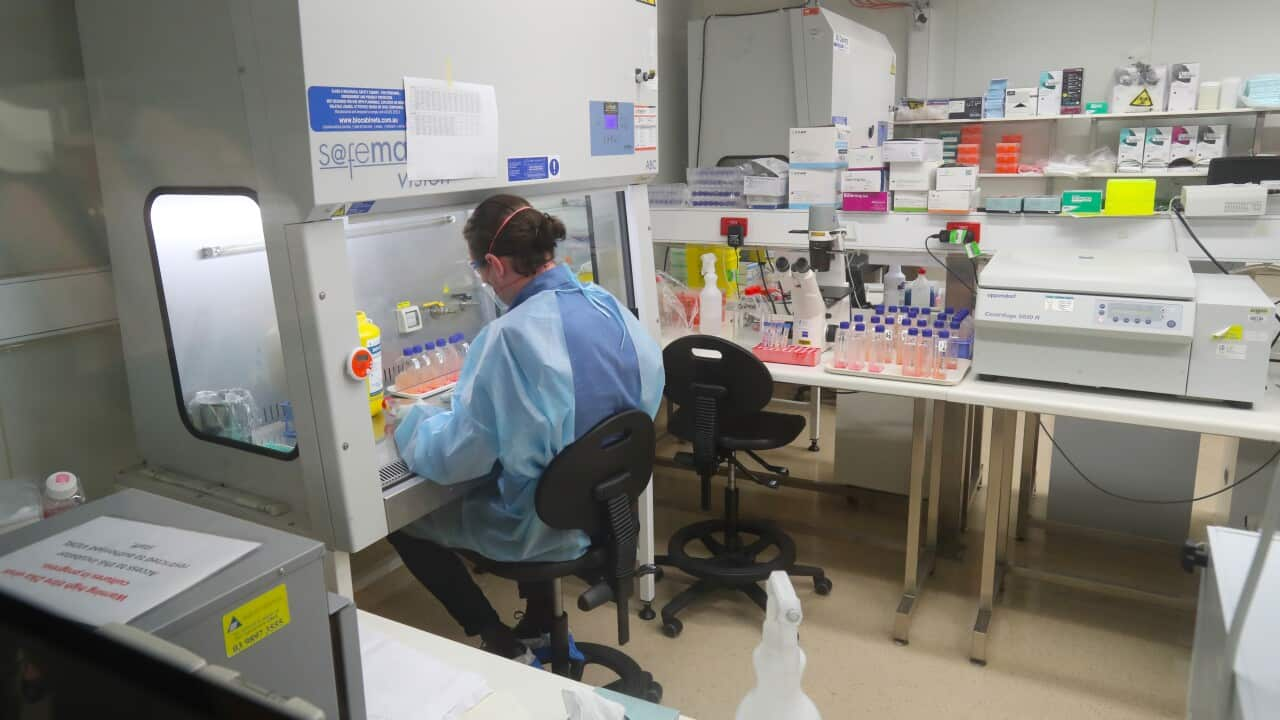Key Points
- Australian-led research on cells fighting long-COVID could aid in developing new coronavirus treatments and vaccines.
- A Doherty Institute study found that memory T cells can recognise and fight long-COVID for up to two years.
- Research could guide new vaccines and therapies, especially for long-COVID patients.
Special cells with long memories could help produce new coronavirus treatments on the back of breakthrough Australian research.
A Doherty Institute study found memory “T cells” that recognise long-COVID can be established and fight subsequent infections for two years.
T cells fight viral infections by killing off infected cells and can remember what they have encountered.
The study, which targeted the previously under-researched area of long-COVID immunity, found specific T cells within the 31 people examined could maintain their key features over the two-year period.
Long-COVID is a chronic condition where people who have caught COVID-19 experience symptoms for an extended period.
It can affect almost every part of the body through extreme fatigue, muscle pain, reduced appetite, sleep problems and a host of other issues.
Doherty Institute senior research fellow Louise Rowntree said the study was good news for long-COVID sufferers, as it showed their T cells were doing what they are meant to.
“It’s really positive news for someone with long-COVID … the T cells are establishing and they’re maintaining,” she told the Australian Associated Press.
“The establishment and maintenance of these cells for this two-year period really provides that protection against a subsequent infection, and their responses are really good following their first vaccination as well.”
The research could help shape future therapies and vaccines for long-COVID patients.
“SARS-CoV-2 vaccines stimulate both antibodies and T cell responses, so we followed the T cell responses through, and it’s definitely encouraging that we do need to be looking at therapies and vaccines that are going to trigger both antibodies and T cells,” Rowntree said.
“Those T cells can help protect when the virus mutates, so they can offer protection despite the virus changing over time.”
In June, the federal government invested $14.5 million into long-COVID research to generate better evidence on effective management of the condition within the community.
The money was to be used investigating how people experience long-COVID, impacts on health systems, causes and national trials to try to fast-track therapies.
